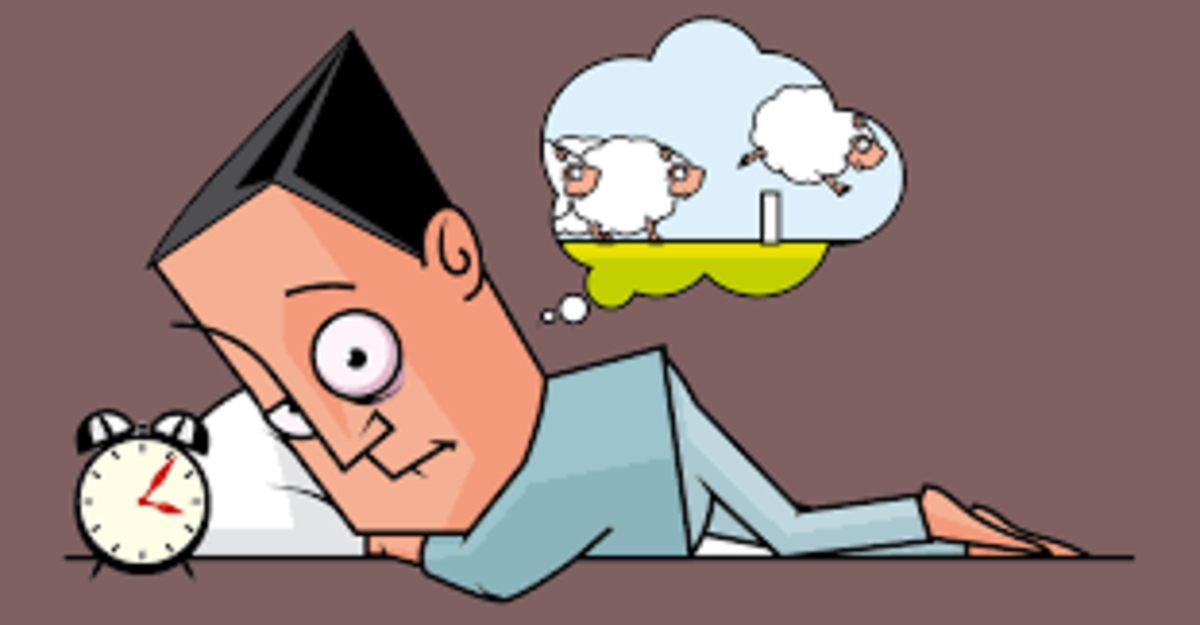
Insomnia is a common sleep disorder that can make it hard to fall asleep, hard to stay asleep, or cause you to wake up too early and not be able to get back to sleep. Stress as well as anxiety symptoms (such as tension, excessive worrying, and feeling overwhelmed) can also lead to insomnia. Anxiety and insomnia can feed off each other, leading to a cycle of sleep deprivation.
This may surprise you, but within the past year the American College of Physicians recommended cognitive-behavioral therapy and not medication as first line treatment for chronic insomnia. Ideally, CBT for insomnia (CBT-I) includes six to eight sessions, consisting of education regarding sleep hygiene and strategies to improve sleep health. People are taught to recognize and change negative thoughts and worries that affect their ability to sleep. They also learn how to develop good sleep habits and avoid behaviors that keep them from sleeping well. Unlike sleeping pills, CBT-I helps people overcome the underlying causes of your sleep problems. This approach will also be helpful for those struggling with both anxiety and insomnia
Below are examples of strategies that may be recommended as part of CBT-I treatment.
- Sleep hygiene. This involves changing lifestyle habits that may influence sleep, including smoking, drinking (excessive caffeine or alcohol), or not getting enough exercise. Included in this category are strategies to help you sleep better, such as ways to effectively wind down for an hour or two before bedtime.
- Relaxation methods such as deep breathing, guided imagery, and progressive muscle relaxation. This will help you calm your mind and body and set the stage for sleep.
- Paradoxical strategies. This involves purposely not trying to fall asleep. What keeps people awake is worrying that they can’t sleep so letting go of this worry can paradoxically help you relax and consequently make it easier to fall asleep.
- Restrict sleep. Lying in bed while awake can become a habit that further contributes to difficulty falling asleep. Restricting sleep involves reducing the time spent in bed and purposely causing sleep deprivation, leading to your becoming more tired the next night. Once sleep has improved, the time in bed is gradually increased.
 Previous
Previous

